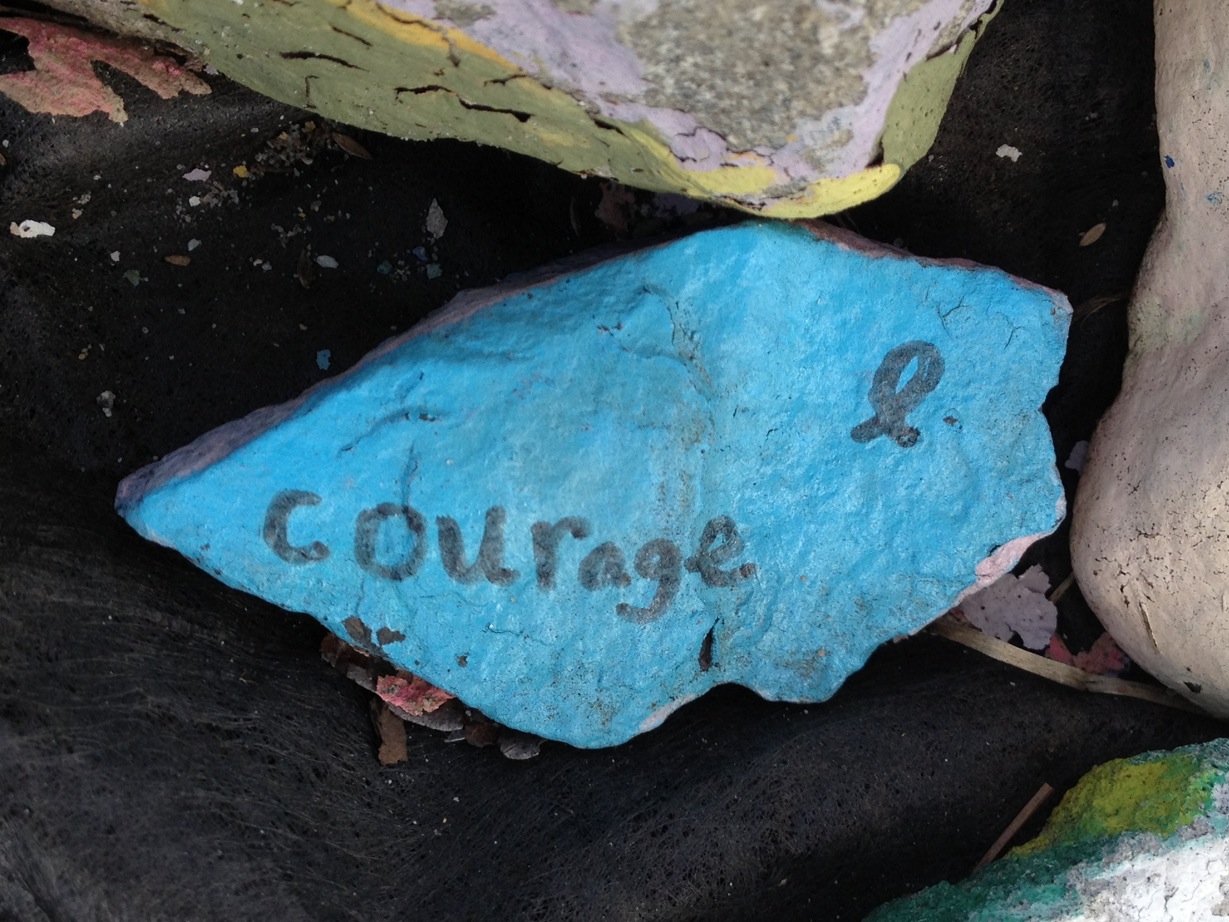
Words Conveying Empowering Values Falling Out of Use
Words Conveying Empowering Values Falling Out of Use
Posted On: Wednesday, May 22, 2013
 Words matter. We know that from the impact they can have on us. And the reaction our words can have on others.
Words matter. We know that from the impact they can have on us. And the reaction our words can have on others.
Words can package the fuel that inspire us to behave in a way that brings out the best in ourselves and in others.
Using words like “courage,” “decency,” “honesty,” “conscience,” “patience,” “compassion,” and “modesty” paint a picture of someone who has qualities that inspire trust, whose behavior gives life to values we can admire. Perhaps someone whose leadership we’d willingly follow.
When we use the word “courage,” for example, to reflect back to a friend how we see her meeting cancer head on or whisper it to ourselves before having a difficult conversation with a boss or customer…..the word, and its connotation, fortifies.
“Courage” is one of many words that empower. However, to be a sustainable resource “courage,” and words like it have to be expressed; they need to describe behavior made evident or desired. And ironically, evidence points to these words falling out of use at a time when we need them most.
Shifts in language reflect a shift in culture based on the frequency of their use, according to New York Times columnist David Brooks who cites several studies in “What Our Words Tell Us” that indicate that words like “courage,” and the others just mentioned, decreased in use in the 20th century.
“A study by Pelin Kesebir and Selin Kesebir,”Brooks writes, “found that general moral terms like “virtue,” “decency” and “conscience” were used less frequently over the course of the 20th century. Words associated with moral excellence, like “honesty,” “patience” and “compassion” were used much less frequently.” Of the 50 words associated with moral virtue that their study identified, Brooks says that the Kesebirs found “that 74 percent were used less frequently as the century progressed.” According to the findings, particularly hard hit were courage words like “bravery” and “fortitude” which fell by 66 percent; while words like “thankfulness” and “appreciation” dropped by 49 percent.
We know that ethical behavior doesn’t flow from throwing the right words into a speech or on a website, poster or piece of paper. Enron’s Code of Conduct (63 pages) and personalized note paper printed at the bottom with the values “Respect,”Integrity,”Communication,” and “Excellence” attest to that. However, words in the mouths of leaders whose behavior consistently strives to model the values they talk about set a benchmark about what is expected. It sets the standard for “how we do things around here” where getting to stay means you “opt in.”
Low trust in institutions and leaders is a consequence of words and actions not matching. However the remedy for lost trust isn’t talking less about values so as not to hold one’s behavior up to scrutiny. It is having the courage — yes, courage again — to give voice to values and give support, as well as draw support from others, in the ongoing process of practicing, modeling and living the values that make the individual, the organization, and society stronger.
Community can be the best re-inforcer of values. And herein lies the rub. Brooks also cites a study by Twenge, Campbell and Gentile that found that between 1960 and 2008, words like “community,” and “common good” receded from use, while terms like “self” and “I come first” increased in use.
The reality is that what we focus on we get more of. “I come first” doesn’t inspire the trust of other stakeholders and calls into question the capacity for long-term sustainability. Leaders making a mid-flight correction to restore trust in their institutions will need courage, one of many words that enrich all of us when practiced and used.
Posts by Category
Archive
Most Recent
Transparent & authentic, insightful, seasoned with organizational knowledge, purposeful & engaging, Gael O’Brien takes her audiences on a journey of ethical exploration that is thought-provoking. She creates the needed disturbance that invites personal and professional growth. Gael carries the noble voice of humanity’s hopefulness.

[…] The Week in Ethics: Words Conveying Empowering Values Falling Out of Use. A post that proves how David Brooks is like Jared Diamond–he gets read for how people want to read him. Brilliant. […]
[…] it courage that shores up the leader who defies cowardice in favor of truth and responsibility? This article from Gael’s This Week in Ethics blog looks at words of empowerment and their impact as mainstream culture has […]